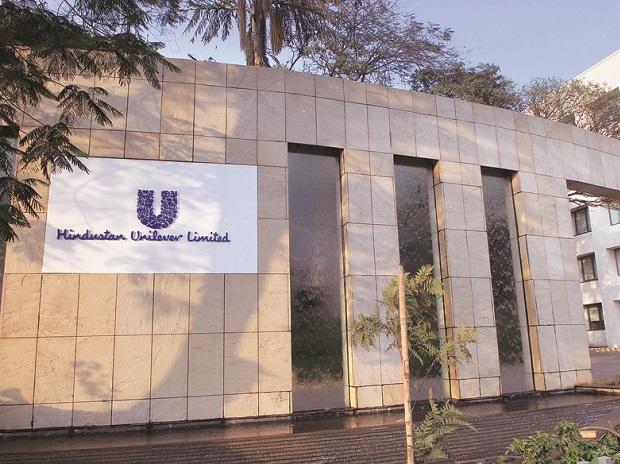[ad_1]
Hindustan Unilever (HUL), one of India’s largest fast-moving consumer goods (FMCG) companies, on Thursday reported a 7.7 per cent increase in net profit during the October-December quarter (Q3) of 2022-23, beating Street expectations. Its board of directors also approved a new royalty agreement with parent Unilever, subject to appropriate regulatory clearances.
With 5 per cent volume growth, the company’s net profit rose to Rs 2,474.0 crore from Rs 2,297.0 crore in the same quarter a year ago. Its revenue grew 16 per cent to Rs 15,343.0 crore from Rs 13,223.0 crore. Bloomberg estimates had pegged HUL’s revenue during the quarter at Rs 15,120.4 crore and net profit at Rs 2,407.9 crore.
HUL Chief Financial Officer Ritesh Tiwari said: “Rural markets are showing signs of improvement, with the December quarter seeing higher growth than the previous one and the past 12 months. Amid lower inflation, strong winter crop sowing and signs of a pick-up in farm income, rural slowdown may be bottoming out.”
Managing Director & Chief Executive Sanjiv Mehta said the performance of the rural market improved in the December quarter. “Value growth was negative, and volume growth -13 per cent and -12 per cent in June and July (respectively). The good bit is that the December quarter saw positive 2.5 per cent value growth, and volume growth improved from negative double digits to -9 per cent.”
Rural demand has been under stress since August 2021. Consumption was hit as companies were forced to increase prices and cut grammage of packs to pass on some impact of high commodity costs. Mehta said: “Things are improving now, but there’s a long way before volumes and rural (demand) become positive.”
In its near-term outlook, Tiwari said HUL would be cautiously optimistic if commodities (prices) remained where they were. “We believe that the worst of inflation is likely behind us. This augurs well for FMCG and should aid in a gradual recovery in consumer demand.” He cautioned, however, that year-on-year inflation was still high and the company expected growth to be price-led.
The company’s home care category grew 32 per cent, and beauty & personal care segment 10 per cent. “Both fabric wash and household care grew in high double digits, with all parts of the portfolio performing very well,” HUL said in a press release. The food & refreshments category grew 7 per cent, driven by the company’s performance in food, coffee and ice-creams. HUL now sees almost 25 per cent of its sales captured digitally, and Tiwari said it remained robust in all product categories.
New royalty agreement
The new agreement that the board of directors approved on Thursday increases HUL’s royalty and central services fees to Unilever from 2.65 per cent of turnover in 2021-22 to 3.45 per cent. This increase would be effected in a staggered manner over three years. From February 2023 to December 2023, it would increase by 45 basis points, by another 25 bps for 2024, and another 10 bps for 2025.
The company had entered into its present technology, trademark licence and central services agreement with the Unilever group in January 2013 for a period of 10 years. HUL said in its release: “During the tenure of the contract, we doubled our turnover and improved earnings before interest, tax, depreciation and amortisation margin by 1,000 bps.”
Despite the increase, HUL’s royalty to parent remains lower when compared with peers’. Nestle India, Colgate-Palmolive India and Procter & Gamble India unit pay royalties in the range of 4.5-5 per cent. Mehta said: “We must understand that we get the value for what we pay as royalty and service fees, whether in terms of innovation or product superiority or access to technology.”
[ad_2]
Source link



